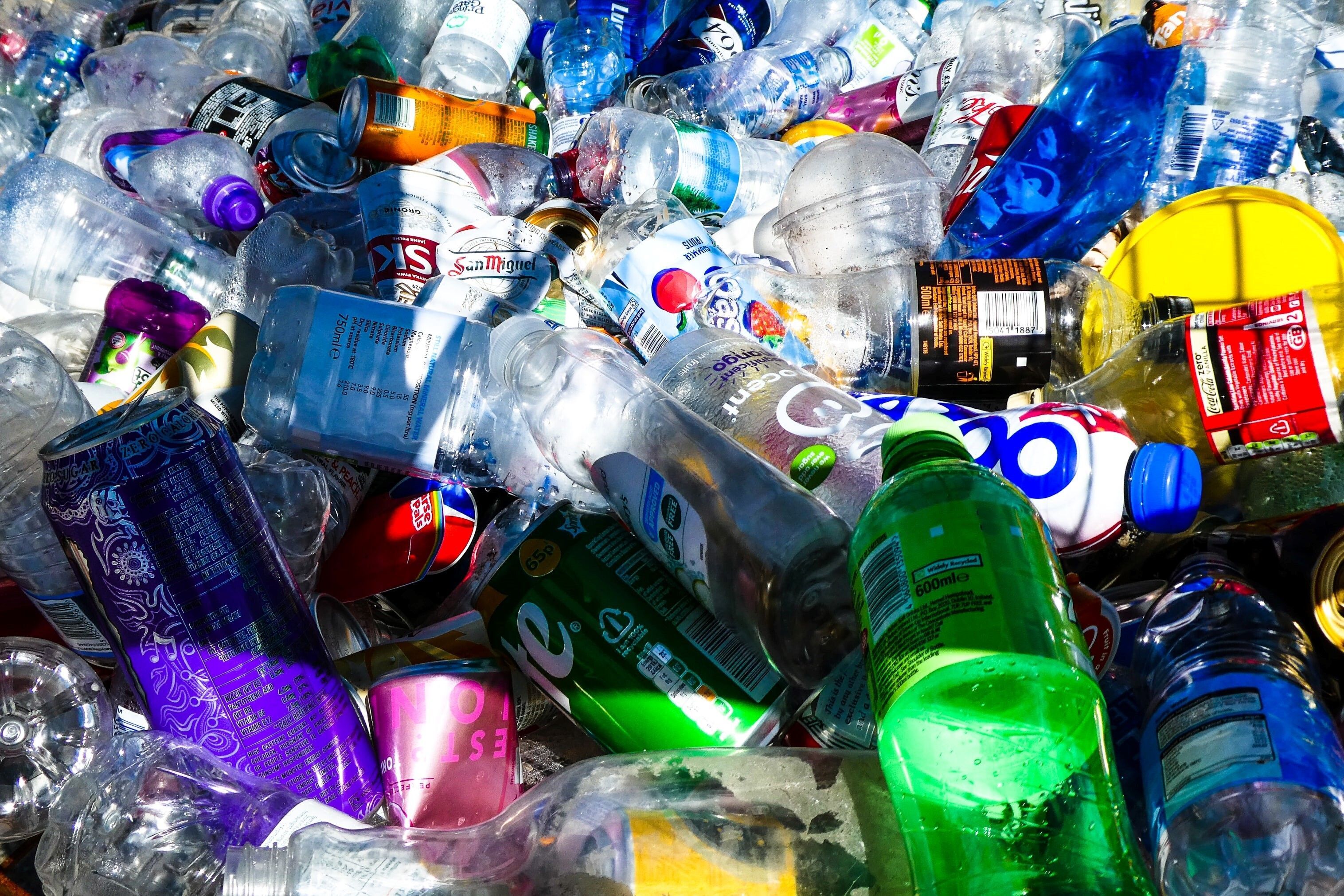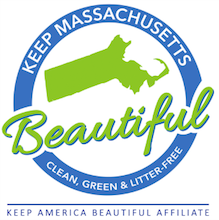
The Massachusetts Beverage Container Law or “Bottle Bill,” as it is more commonly referred to, took effect in January of 1983. It was one of the first “Deposit Return System” laws of its kind in the U.S.
By adding a 5-cent deposit on the sale of certain beverage containers, Massachusetts consumers were incentivized to return their empty containers to redemption centers and retail stores to get their deposits back. As a result, fewer of these containers ended up in landfills, incinerators, or as roadside litter.
The evidence is undeniable that bottle bills reduce waste and litter and increase recycling rates. In Virginia, which has no bottle deposit law, a 2020 study found that bottles and cans made up 22% of littered items, as compared to an average of 8.7% in states with bottle bills*. A comparison of larger coastal debris surveys from 28 states found that there were 38% fewer beverage containers in the coastal litter of bottle bill states versus those without bottle bills**.
As was the case in 1983, today the following container types are covered by the Massachusetts Bottle Bill: glass, plastic, metal, aluminum and bi-metal containers holding soft drinks, mineral waters, beer, and other malt beverages. Exempt from the law are containers for water, wine, non-carbonated drinks, and liquor, including miniature liquor bottles (nips).
These items were not covered in the original bottle bill because in 1983, the bottled water industry was in its infancy and many popular sports drinks had not been invented yet. And the only place most people ever saw a nip bottle was on an airplane. Today, only 42% of the beverage containers sold in Massachusetts are currently covered by the bottle bill^.
Flash forward to 2018, when the beverage market in Massachusetts had grown to 6.7 billion (that’s billion with a B) containers sold annually. Yet 3.8 billion (58%) of those containers were not subject to a deposit. As a result, 2.9 billion of those non-deposit containers were sent to landfills or incinerators, rather than being recycled^^.
Diminishing Returns After 40 Years
While the Massachusetts Bottle Bill has helped promote recycling and reduced the littering of certain items, it has become seriously outdated. Can you think of anything that has not had a price change since 1983? Probably not.
Yet the deposit on covered cans and bottles remains stuck at five cents. Similarly, the “handling fee” that redemption centers and retailers receive for processing these returns remains a paltry 2.5 cents and is also long overdue for an increase.
Based on the Consumer Price Index, the value of five cents in 1983 was equivalent to 15 cents in 2020. This lowly 5-cent deposit has reduced the incentive for consumers to return their empty containers to reclaim their money.
As a result, many Massachusetts residents simply toss their cans and bottles in their recycling bins or the trash, because a nickel is simply not a meaningful amount of money to many people. Others litter their empty water bottles, sports drinks, beer cans, and nips on our roadsides and public spaces, rather than return them for their deposits.
The redemption rate for containers covered by the Massachusetts Bottle Bill peaked in 2010 at 71%, but fell to 43% in 2020*. Today, Massachusetts has the lowest bottle redemption rate among the 10 U.S. states with bottle bills.
Common Sense Solutions
Efforts to update the Massachusetts Bottle Bill have stalled in the Massachusetts legislature year after year. However, support for a Better Bottle Bill has been gaining momentum over the past two years. Representative Marjorie Decker and Senator Cynthia Creem have re-filed a Better Bottle Bill that would add a deposit to most of the currently non-covered beverage containers (water, sports drinks, wine, liquor, nips) and increase the deposit rate from five cents to 10 cents.
Raising the deposit rate has proven to be effective in other states. Michigan, California, and Oregon have increased their return deposits to 10 or 15 cents, depending on the container type and size. Michigan, Oregon, and Maine all have 10-cent deposits and average redemption rates of around 85%**. When Oregon raised its deposit to 10 cents in 2017 and covered additional types of containers, its redemption rate jumped from 64% to 86% over a span of two years^.
The Massachusetts Bottle Bill is long due for a refresh. As it currently stands, the bill is antiquated and not fulfilling its original intent, which was to produce a steady stream of clean materials for recycling. The health of our environment depends on an effective bottle bill that is just one component of a larger, comprehensive recycling infrastructure.
If you support a modernized Better Bottle Bill, let your local Select Board, City Council, State Representative, and State Senator know. As of this writing, the Better Bottle Bill has been assigned docket numbers, before its official bill numbers are assigned: in the House it’s HD 3420, in the Senate it’s SD 2038.
In future posts on this topic, we will drill down to explain how today’s Massachusetts Bottle Bill works, the challenges that consumers, retailers, and redemption centers face, along with potential solutions.
Learn more about other efforts to pass deposit bill legislation around the U.S.
* Mass Recycle History of Bottle Deposit System in Massachusetts. https://massrecycle.org/initiatives-events/bottle-bill/#history.
** Ibid.
^ Better Bottle Bill Fact Sheet, MASSPIRG.
^^ Ibid.
* 40-year-old Bottle Bill needs an update to reduce trash, Cape Cod Times, Dec. 6 2021.
** Becker and Thorne: We need to stop kicking the can down the road, Lowell Sun, Dec. 10, 2021
^ Ibid.


